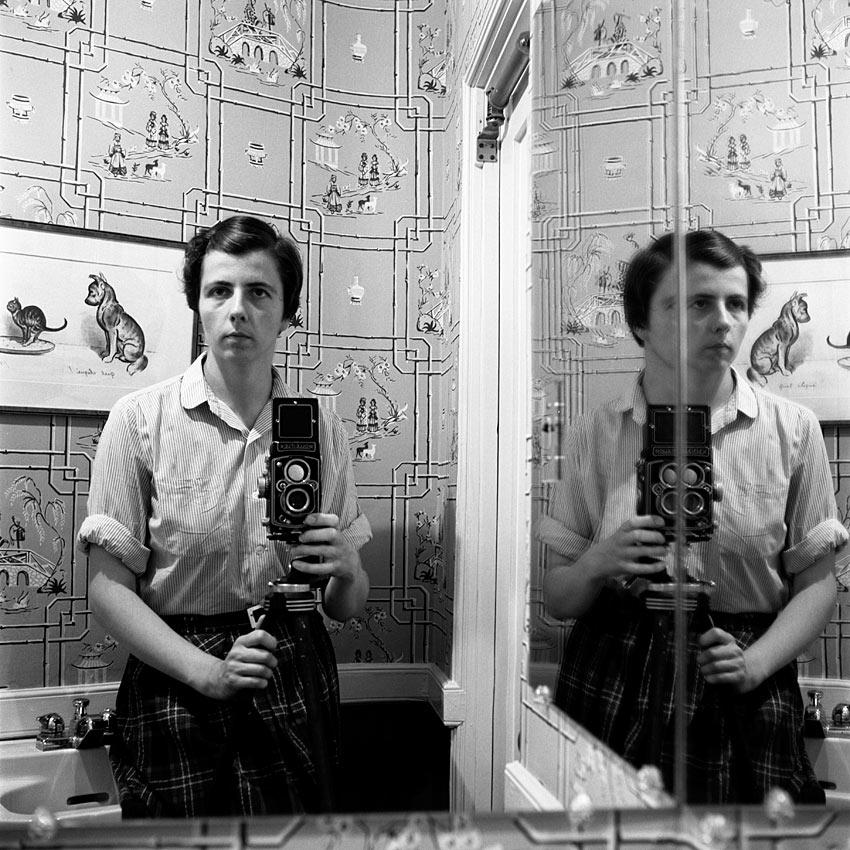Dear Millicent,
Migraines are such an intimate issue. One time I told a friend I had them and he just hugged me, I thought, in the form of a brother-in-arms. But he was not a fellow migraineur, he was just really, really sorry for those who were. It’s a few other places in my life where I have received such unfiltered compassion. And, since I always link migraines to Didion, the whole act is always slightly bristly. A migraine is something with blunt bangs, not ready to be held, that has a blunt charge with words. Blunt is a key word for me, and for how I think about the precision of Didion’s writing (not that her precision is dulled, as much as it is so idiosyncratically precise that it will hit your stomach and heart hard, like a bag of grapefruits (let’s make it oranges, for California)).
I’m guessing describing headaches is like describing dreams, but here’s what mine are like: I feel all of my blood thicken (when it feels like hot wine soup, I know I have a migraine), all I want is a dark room, and even sleeping sucks. I can’t focus on words very well, and just the static underhum of television (my balm for all pains) is one more weight on my brain and everything has to go away. Hot baths help, sex helps, and the brief moments when I am swallowing hot tea. But the migraine is mighty, and likes to return after the nerves have gotten over their little interruption of heat or pleasure. I’m also very hot when I’ve got a good one going. My hands and feet feel swollen. One time, at a dinner party, I did that thing I’ve always read about, and lay down on the cool tiles of the bathroom floor. My pulse becomes most of what I can concentrate on.
I don’t believe that red wine triggers it, or chocolate, or fancy cheese. It can’t be that simple. I do believe that stress and a bunch of other things start a cocktail going, and if all is ready, then that cocktail goes to town (which is why I get migraines more after I finish a project, right when I’m about to celebrate). I have had years with 2 migraines, and then one a week for a long stretch.
I haven’t had one since November, when I started seeing an acupuncturist who told me that all of me was inflamed. Her reasoning for the headaches is that everything gets hotted up on one level or another, and when you reach a certain level of RED ALERT, you are prone to the headaches. Like, fruit flies can invade your kitchen whenever, but when it’s hot out and you don’t put the banana peel away, WATCH OUT. Her theory is not based on triggers as much as accumulation, and that when you get enough heat accumulated, you are ready for a little tornado in your head (our head as Pepsi Bottle cyclone?). In my case, this made sense. I had been drinking hard and not moving except from bed to computer for about 15 years. I thought I ate well, but I also ate a lot of pizzas at midnight. She also diagnosed my inflamed liver by pressing on my shin, which had become so sensitive that sometimes a bedsheet felt too heavy on it, and when she hit that one tiny spot, I said “ow,” and she said “ah.” She also told me I was puffy, and anxious. I wouldn’t have chosen those words, but she was right.
Her path to getting un-inflamed was brutal. She wanted me to replace alcohol with exercise (who does that?), and stop eating everything I like to eat (the list is boring, but trust me, it’s everything good). She told me to do it for a month, and to exercise twice a day. She’s also part witch, so I did everything she said.
I’m not preaching this path. It worked for me, but I got inflamed in my own particular way, and had to get deflamed in the same manner. I do think you sound HOT, hot in the queasy-no-more-please sense. The sensory overload, the intolerance for demanding or new things, it sounds as if your nerves are already filled to the gill. I’m guessing there were times in your life where you could absorb everything you wanted, which sounds like your accumulation is simply maxed out right now. It might be stress, salt, tomatoes–anything that makes our tiniest linings (both physical and emotional) poof out instead of in. And maybe you’re super-poofed.
The brain, in this version of migrainery, is a world of credit cards, jelly fishes, and ball gowns. We have to pay down the debt, and trade in the debutante meringue for a nice mermaid cut.
It isn’t forever (I really believe this), and it isn’t an eternal judgement on your character.
Forgive my spray of advice. I just found out about Dear Sugar, and have been reading her archive so happy to find the internet saving some lives.
But with all of that, I do hope your head feels better today,
Yours,
CF













